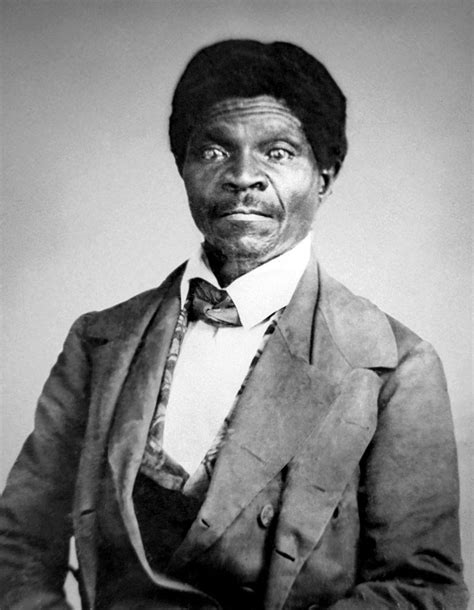A Quote by J. Richard Hackman
Hackman's paradox: Groups have natural advantages: they have more resources than individuals; greater diversity of resources; more flexibility in deploying the resources; many opportunities for collective learning; and, the potential for synergy. Yet studies show that their actual performance often is subpar relative to "nominal" groups (i.e. individuals given the same task but their results are pooled.) The two most common reasons: groups are assigned work that is better done by individuals or are structured in ways that cap their full potential.
Quote Topics
Actual
Advantages
Assigned
Better
Cap
Collective
Common
Deploying
Diversity
Done
Flexibility
Full
Full Potential
Given
Greater
Groups
Individuals
Learning
Many
More
Most
Natural
Often
Often Is
Opportunities
Paradox
Performance
Potential
Reasons
Relative
Resources
Results
Same
Show
Structured
Studies
Synergy
Task
Than
Two
Ways
Work
Related Quotes
I believed in looking at people as individuals, not in groups. I hated groups; still do. And I saw particularly the university, the university artists really acted as a group. The others didn't so much, but the university people took advantage of that and behaved like a group, rather than as individuals. They had a lot of power that way.
People are wonderful. I love individuals. I hate groups of people. I hate a group of people with a 'common purpose'. 'Cause pretty soon they have little hats. And armbands. And fight songs. And a list of people they're going to visit at 3am. So, I dislike and despise groups of people but I love individuals. Every person you look at; you can see the universe in their eyes, if you're really looking.
What is the manager's job? It is to direct the resources and the efforts of the business toward opportunities for economically significant results. This sounds trite - and it is. But every analysis of actual allocation of resources and efforts in business that I have ever seen or made showed clearly that the bulk of time, work, attention, and money first goes to problems rather than to opportunities, and, secondly, to areas where even extraordinarily successful performance will have minimal impact on results.
If the state, with all of the emotional resources at its command, cannot finance its most basic and vital activities without resort to compulsion, it would seem that large private organizations might also have difficulty in getting the individuals in the groups whose interests they attempt to advance to make the necessary contributions voluntarily.
Who then would not like to see these benefits flow upon the world from the law, as from an inexhaustible source? But is it possible? Whence does the State draw those resources that it is urged to dispense by way of benefits to individuals? Is it not from the individuals themselves? How, then, can these resources be increased by passing through the hands of a parasitic and voracious intermediary?


































